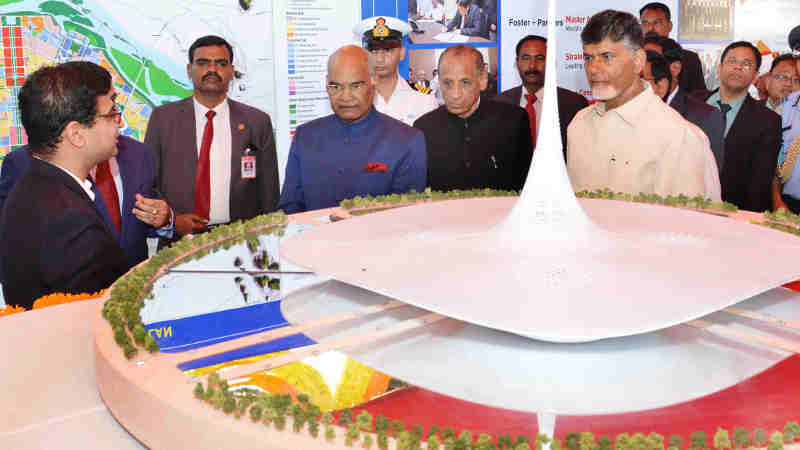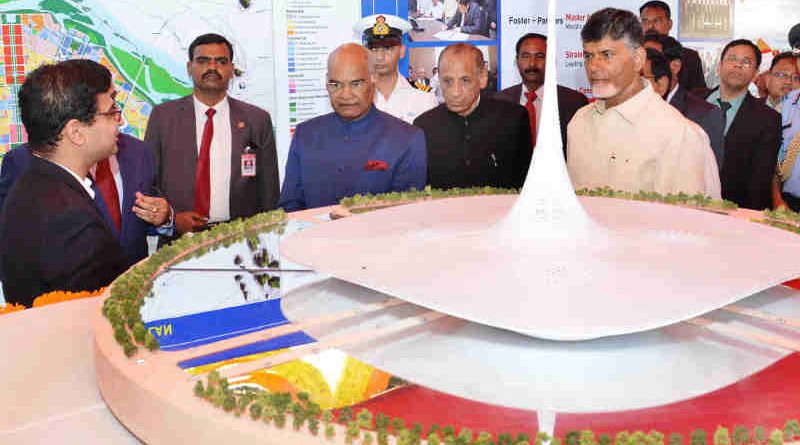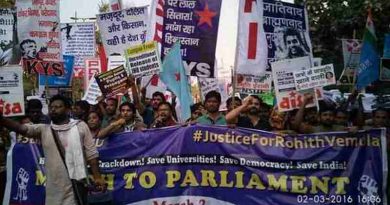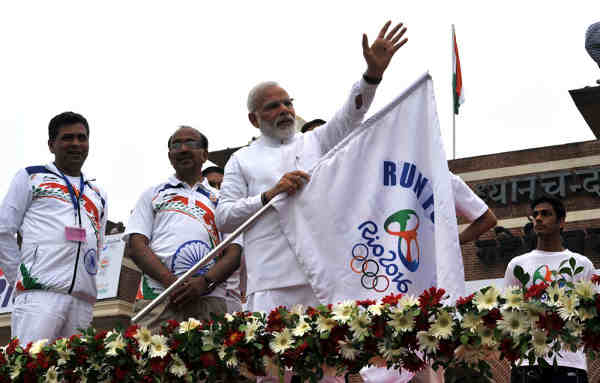Need to Invest in Education and Healthcare: President of India

The President of India, Ram Nath Kovind, inaugurated the centenary conference of the Indian Economic Association in Guntur, Andhra Pradesh today.
Speaking on the occasion, the President said that India is one of the fastest growing economies in the world. Without growth there can be no development and little scope for redistribution.
And yet, he said, while growth is necessary, it is not sufficient. To tackle the inequities in our society, to overcome the social and economic inequalities between different sections and even different regions, requires imaginative policy making.
[ Appeal for Donation to RMN Foundation ]
The President said that significant numbers of our fellow citizens still live in poverty or very close to poverty. They have insufficient access to health-care, education, housing and civic amenities.
This is particularly true for traditionally weaker sections of society, such as SCs, STs, segments of OBCs and of course women.
Addressing these issues is necessary in order to achieve the dreams of a New India by 2022, when our country commemorates the 75th anniversary of Independence. We also have to treat investment in health and education as investment in human capital – a critical building block for our economy.
[ Also Read: How Delhi School Teachers Ruin the Lives of Students ]
The President said that in an era of Cooperative Federalism, and particularly after the implementation of the report of the 14th Finance Commission – which has transferred more funds to the states – there is a lot of responsibility and hope that rests with our various states.
Devolution of funds needs to be complemented by evolution of ideas. That is how states will benefit – and ultimately India’s social, developmental and macroeconomic needs will be met.
The President said that the era of formal jobs is gradually yielding to one of employment opportunities and even self-employment opportunities in specialised manufacturing, in the services sector and in the digital economy.
Whether we call it the informal economy or the gig economy, as is the popular term now, whether we apply the norms of microcredit or social entrepreneurship, this sector will only expand.
We have to understand it and devise policies that are in tune with it. And we need to design social security measures and safety nets that protect its workers, he said.
Photo courtesy: Press Information Bureau





